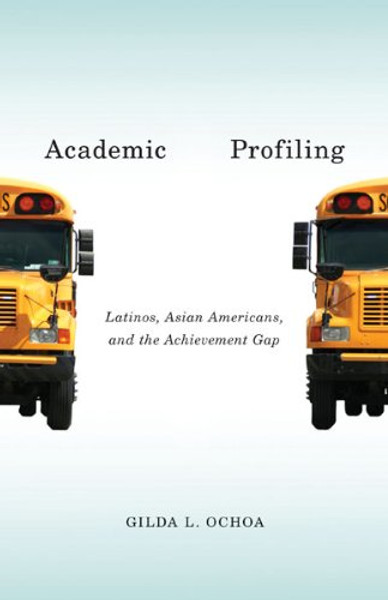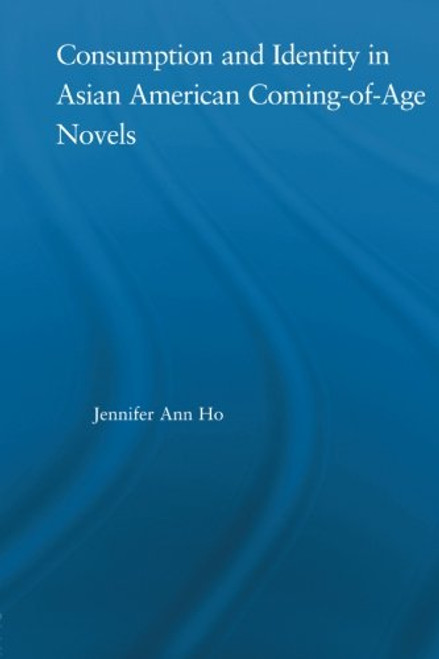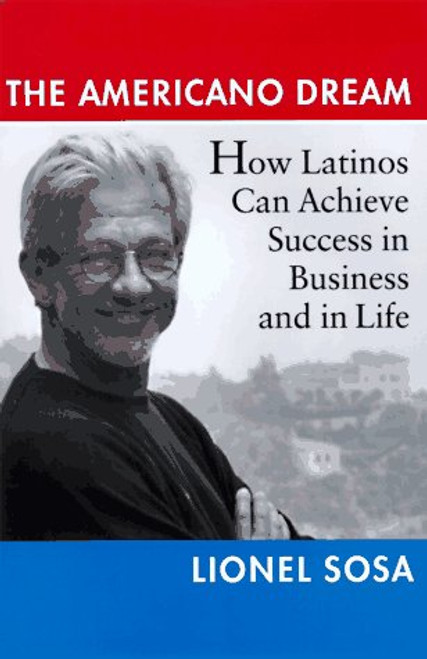Product Overview
2015Social Science Book Award, presented by theAssociation of Asian American Studies
2014 Co-Winner Oliver Cromwell Cox Book Award, presented by theRacial and Ethnic Minorities Section of theAmerican Sociological Association
2014Co-WinnerEduardo Bonilla-Silva Outstanding Book Award,presented by theDivision of Racial and Ethnic Minorities oftheSociety for the Study of Social Problems
Today the achievement gap is hotly debated among pundits, politicians, and educators. In particular this conversation often focuses on the two fastest-growing demographic groups in the United States: Asian Americans and Latinos. In Academic Profiling, Gilda L. Ochoa addresses this so-called gap by going directly to the source. At one California public high school where the controversy is lived every day, Ochoa turns to the students, teachers, and parents to learn about the very real disparities--in opportunity, status, treatment, and assumptions--that lead to more than just gaps in achievement.
In candid and at times heart-wrenching detail, the students tell stories of encouragement and neglect on their paths to graduation. Separated by unequal middle schools and curriculum tracking, they are divided by race, class, and gender. While those channeled into an International Baccalaureate Program boast about Socratic classes and stress-release sessions, students left out of such programs commonly describe uninspired teaching and inaccessible counseling. Students unequally labeled encounter differential policing and assumptions based on their abilities--disparities compounded by the growth in the private tutoring industry that favors the already economically privileged.
Despite the entrenched inequality in today's schools, Academic Profiling finds hope in the many ways students and teachers are affirming identities, creating alternative spaces, and fostering critical consciousness. When Ochoa shares the results of her research with the high school, we see the new possibilities--and limits--of change.







